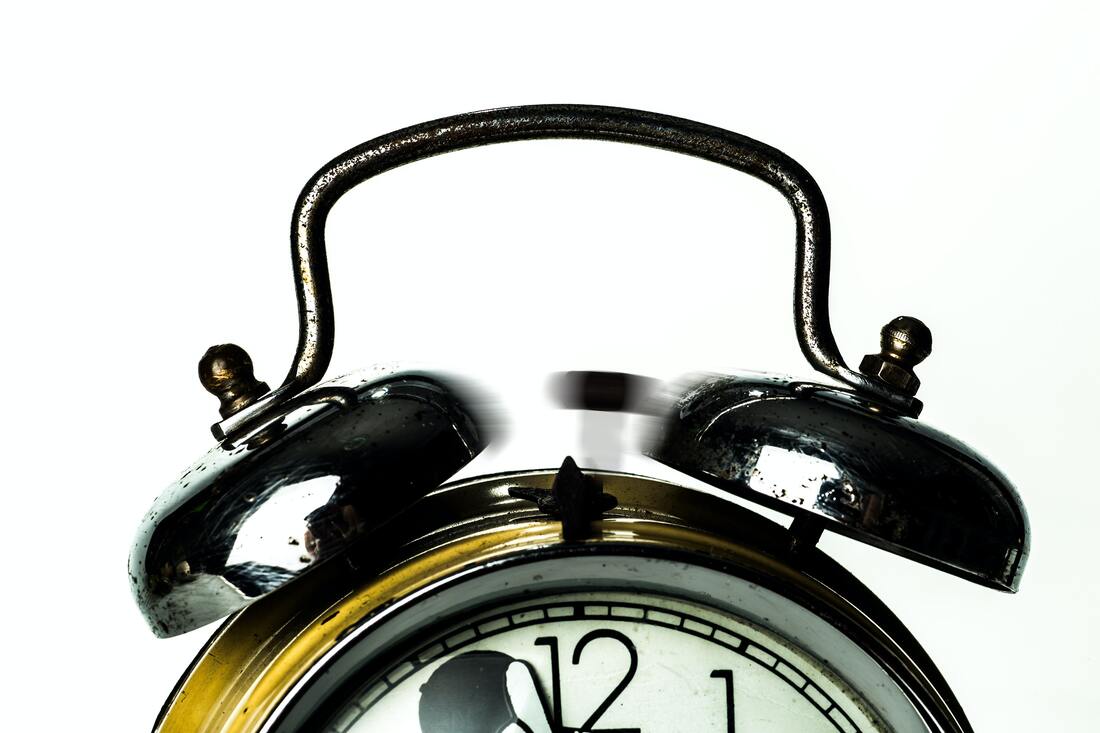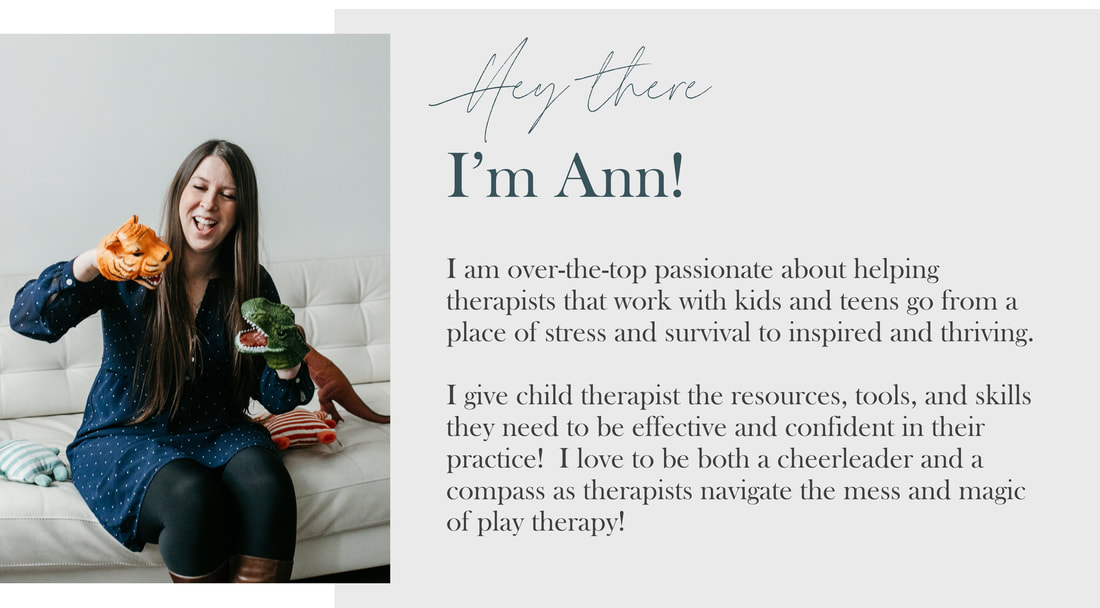The Sleep Battle: Why Sleep is Different For Teens And 4 Things They Can Do To Sleep Better2/1/2023
Tired. Exhausted. Can’t get out of bed in the morning.
Parents say that teens are impossible to wake up in the morning. Teens say, well….they just aren’t that tired.
So, what’s the deal with sleep and teens? Why can’t they just put down the electronics, dim the lights, put on a meditation and go to sleep? Why are there always battles in the morning, rushing out the door, and missed buses?
Well, apparently sleep for teens isn’t quite that simple. First let’s look at what is out of teen’s control. Teens actually experience a shift in circadian rhythm that makes it difficult for them to fall asleep before 11pm, which is called “sleep phase delay”. The times when teens naturally feel tired and sleepy is pushed back in this phase of life due to changes in hormones, puberty, and when their melatonin is released. This means that when teens are telling us they aren’t tired at night, it’s likely because they’re not! Next, teens actually need MORE sleep than younger children! This is because of significant brain developmental and growth spurts that are happening around this time. The amount of sleep teens typically need per night can vary from 9-10 hours. And what research shows us? Well… on average teens are getting much less. And as much as I wish I could design a world that fit teens sleep patterns, with school starting at the optimal time and evening activities going at a teens pace, the reality is I can’t. School still starts as early as 7:45 and life still happens during the day. Now, for the good news! 4 Things Teens Can Do To Get Better Sleep First, removing tech an hour before bedtime can significantly help with teens' sleep. With an already shifted circadian rhythm additional light produced by electronics significantly worsens sleep difficulties. The light from screens actually suppresses naturally produced melatonin that helps teens sleep. Teens will often say - well now what? This is a great time to wind down for the night, do non-electronic based homework, read a book, or connect with family. Another major area for teens to focus on when trying to get better sleep is not drastically shifting sleep routine from weekends to weekdays. As in goodbye to sleeping in until 2pm on weekends. Research shows that shifting sleep more than 1-2 hours can actually worsen sleep overall and does not restore sleep deficits. Next, teens can limit caffeine intake after 4pm. In a teen world where energy drinks can be a way of life, therapists can help teens be mindful and intentional about when and how they consume caffeine. Lastly, a short afternoon nap (think 15-30 minutes) can actually help teens becomeless sleep deprived and can be helpful for teens' hectic schedules where they might need to wake up early for school and aren’t quite tired enough at night. A word of caution for this one - sometimes the teeny-tiny nap turns into 4 hours leading to teens being up until 3am. This is a case where a little is good but a lot can hurt more in the long run. What about you? What sleep tips do you LOVE to share with teens in your practice? Comment Below! If you are looking for more support in your work with teens and tweens in the playroom check out my course Growing Out Of The Playroom: Teens and Tweens in Play Therapy! Loading...
0 Comments
Leave a Reply. |
Hi, there!I'm Ann Meehan, an LPCC, Loading... Archives
July 2024
Categories
All
|
Privacy Policies | Terms of Use | Disclaimer
Contact
[email protected] | Copyright Meehan Mental Health Services 2022
Contact
[email protected] | Copyright Meehan Mental Health Services 2022






